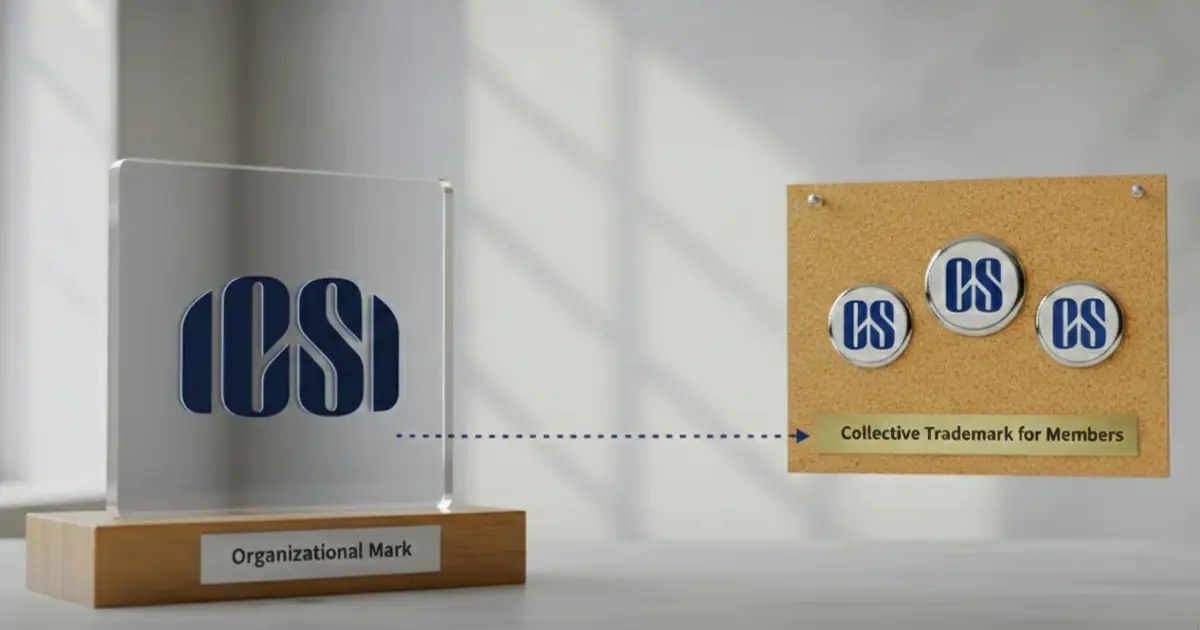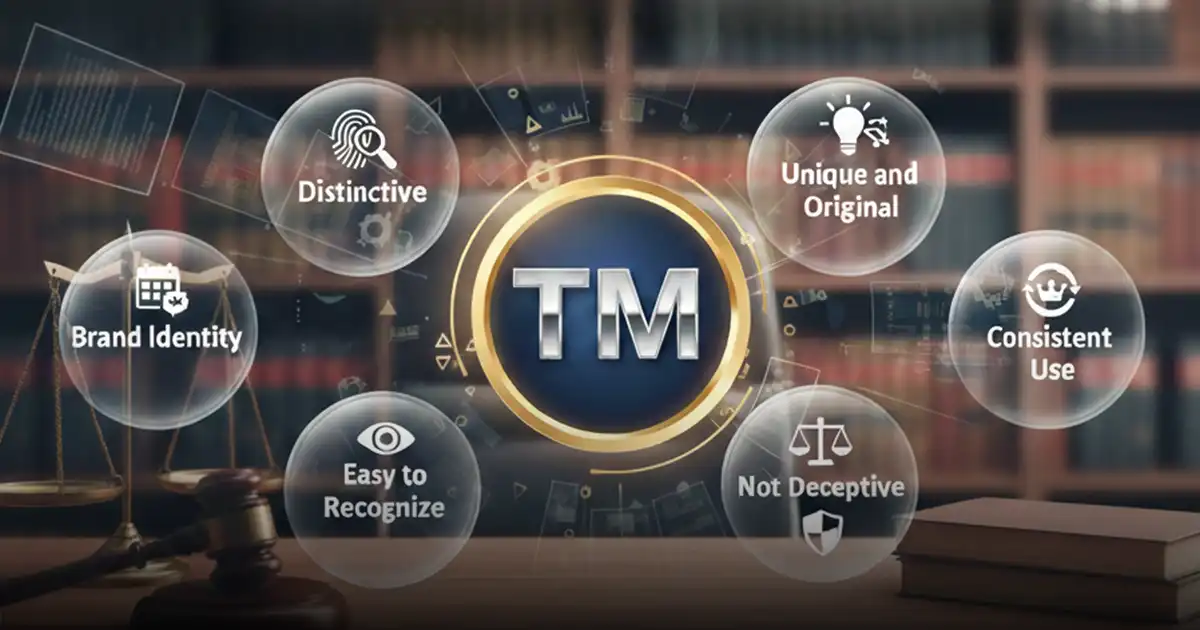The trademark assignment procedure in India involves several key steps to ensure a smooth and legally compliant transfer of ownership. Here’s what to do:
Step 1: Drafting the Trademark Assignment Agreement
The first crucial step is to draft a detailed trademark assignment agreement. This legal document outlines the terms and conditions of the transfer, including:
- Details of the assignor and assignee.
- Specific trademark(s) are being assigned.
- Consideration (payment) for the assignment.
- Whether the assignment is with or without goodwill.
- Effective date of assignment.
- Scope of rights being assigned.
- Territorial coverage of the trademark.
- Obligations regarding registration with the Trademark Registry.
- Governing law and dispute resolution mechanisms.
Note: The agreement must be executed on stamp paper of the appropriate value as per the relevant state's Stamp Act and should be notarized.
Step 2: Executing the Agreement with Legal Formalities
After drafting, both the assignor and assignee must execute the trademark assignment deed. This usually involves signing the agreement in the presence of witnesses and, where required, notarizing it. Proper execution ensures the legal validity of the transfer.
Step 3: Filing the Application with the Trademark Registry (Form TM-P)
Once the assignment agreement is executed, you must apply to the Trademark Registry to officially record the change in ownership. To formally file the trademark assignment, you must submit Form TM-P along with the prescribed fees. This step is critical to ensure the assignment is recognized by the authorities and is binding on third parties.
Step 4: Advertisement and Registrar's Review
In some cases, especially for an assignment of a trademark without goodwill, the Registrar of Trademarks may require the assignment to be advertised in a prescribed manner. This is to ensure public awareness and prevent any potential confusion. The Registrar then reviews the application and supporting documents.
Step 5: Final Registration and Ownership Update
Upon successful review and satisfaction of all requirements, the Registrar records the trademark assignment. The details of the new owner are updated in the trademark register. This final step formalizes the transfer of assignment of trademark rights.











